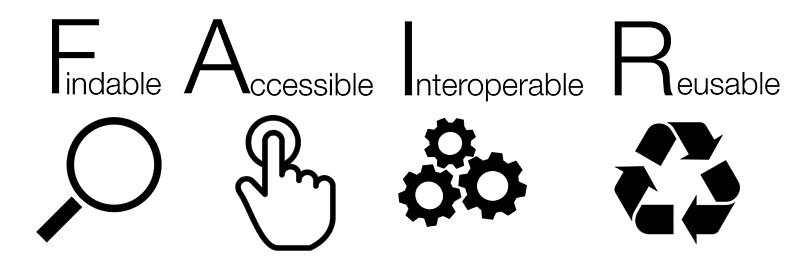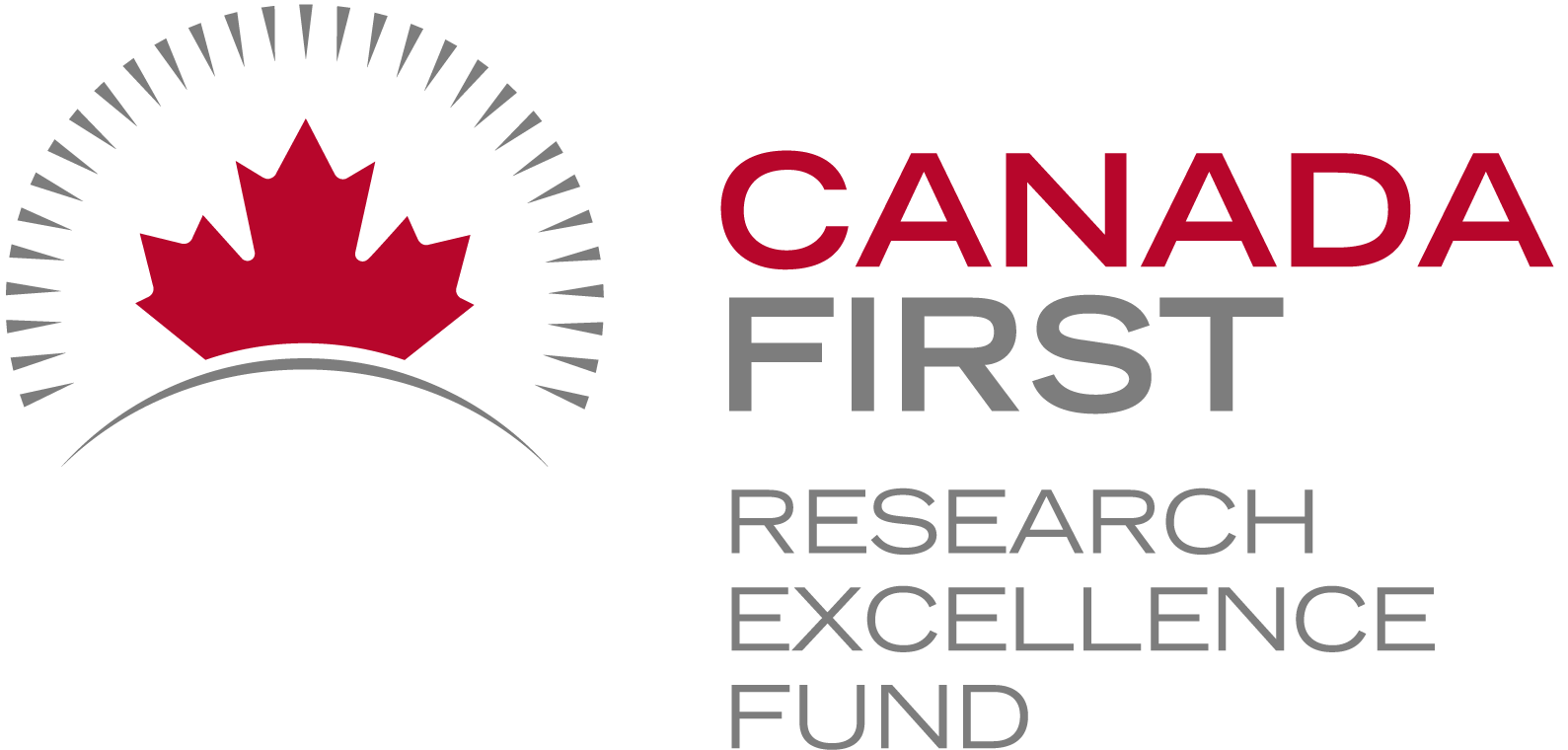
The A in FAIR
Findable
Accessible (where possible)
Interoperable
Reusable
Good day everyone! We’re back looking at the FAIR priniciples and have now moved to talk about A for Accessible (where possible). Let’s first review the 2 principles under Accessible:
A1. (Meta)data are retrievable by their identifier using a standardised communications protocol
A2. Metadata are accessible, even when the data are no longer available
Source: FAIR principles
Oh my! What in the world are you talking about? Metadata? Identifier? Accessible when data are no longer available? Come on! I’m a researcher that just wants to collect my data, document as I need for my purposes, publish the papers and data where required and move on to the next project. Now you’re telling me I need to ensure my metadata has an identifier? Like a DOI (digital object identifier)?? How in the world do I do that? and what???? My metadata should be accessible even if my data is NOT available? Ok – now I’m confused!
The above is a conversation I imagined having with my younger researcher self. Let’s say 20 years ago to put this into context. However, I can almost imagine having this conversation with some of our researchers today! Lucky for them we have tools and services to help out with what appears to be a scary and very time consuming proposition.
So, let’s walk through this. I’ve been going on and on and on about metadata – I know! What can I say? I love my metadata and am trying to convince everyone around me that they should love their metadata too! I’ve heard this saying a few times now “Writing a love letter/note to one’s future self” or something similar to this (those of you that know me – are well aware of my inability to remember sayings). This is a great way to think about metadata. Writing a note to yourself to remind yourself about what you’re doing with your data. Now let’s think about principle A1 above – we’re suggesting that you save your metadata or that love letter – put it somewhere safe and in a place where you can retrieve it when you want it or need it. Me, I have my notebooks, YES, I have saved them all going back a number of years. BUT, ask me to find something in them – ha ha ha! Not going to happen quickly! I’ll find it “sometime”. Now if you take your metadata, love letter, or data schema and deposit it in… say.. Borealis… Guess what? You will now have a unique identifier for it (DOI) and you’ll be able to find it – not like me going through all my notebooks! You’ve got nothing to lose and everything to gain – so let’s try it! Check out Saving, Depositing and/or Publishing your Schema or book an appointment with the ADC team to work with you.
Alrighty we’re moving towards increased accessibility of our data and metadata. Now, what about that data for one reason or another canNOT be shared or made available? Why in the world should I still create that metadata, love letter, data schema, and deposit it? This is where I feel we have failed the world of science over the past few decades. Isn’t science about sharing and building knowledge? How can we do this if we are not aware of the data that has been collected or the studies that have been conducted? I know, I know, I should stay on top of journal publications! BUT! are all studies published? Heck no! Why? In some cases, because study results are not statistically significant, so why publish? If you don’t publish, how can anyone be aware of the data that may have been collected? Word of mouth only goes so far! So let’s publish that data schema, metadata, love letter! Remember it’s the metadata only – NO data! So NO excuses!
Here’s another reason why you should publish your data schemas – citations! YES! you can cite a data schema, the same way as you would cite a paper reference. Hmm… hang on now, citations of my works… yes! A benefit to you!!
Let’s round this all up to say that the more (meta)data we make accessible, the more knowledge we build. There really is NO negative side of sharing your metadata! So let’s do it!
![]()



